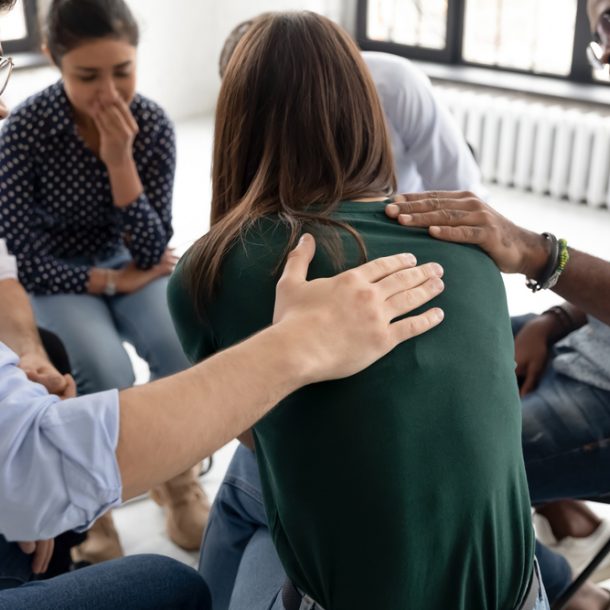
Categories
- Alcohol (9)
- Detox (9)
- Drugs (31)
- Life After Rehab (24)
- Media Coverage (1)
- Mental Health (67)
- Miscellaneous (13)
- News (2)
- Sobriety (34)
- Treatment (68)
Recent Posts
-

Prescription drug abuse is a significant problem among people in the United States. Over two million Americans suffer from prescription opioid pain reliever-related substance use disorders. One of the most common drugs in this category that people abuse is Vicodin. If you take Vicodin or someone you love does, you may be concerned and wonder, “is Vicodin addictive?”
Vicodin is an opiate narcotic analgesic. It is a brand name for a mixture of pain reliever drugs that include hydrocodone and acetaminophen. Vicodin is part of the opiate family, and its primary goal is to offer pain relief for moderate to severe pain caused by migraine headaches, burns, cancer, dental pain, bone breaks, and other pain-related conditions. Vicodin is prescribed to all age groups.
Vicodin works to block pain receptors in the brain. This quickly numbs any sensations of pain that are perceived, replacing them with pleasureful feelings. It can also produce a powerful high, which is what many people who abuse Vicodin seek after.
Those who take Vicodin as recommended by a physician take the dosage recommended by a physician for the duration of time it was intended. Some people do not, however. They come to enjoy the feelings of euphoria or happiness and well-being that narcotics taken in excess can offer and thus begin to abuse the drug.
Vicodin is prescribed in pill form to be taken orally. Some people who go on to abuse Vicodin may crush the drug and snort it. Others may even dissolve it in water and inject it into their bloodstream to bring about a more intense feeling of pleasure.
Vicodin is prescribed to millions of Americans each year. In 2011, for example, nearly 131 million people were prescribed Vicodin. The drug was shifted from a Schedule III to a Schedule II controlled substance in 2014 in 2014 after lawmakers recognized the increase in the danger of Vicodin and other products like it. This is because Vicodin, in addition to other opioid painkillers, are proven to be addictive.
Although Vicodin is prescribed with the intention of short-term use, many people develop an addiction after learning they enjoy the drug’s euphoric effects, wanting them to last. People who become addicted to Vicodin often rationalize their behavior, arguing that a doctor would not prescribe the drug if it was not safe.
Vicodin tolerance increases over time, making it difficult for individuals to get a strong enough dose of the drug. Some people move on to using other drugs as a result.
Before a person gets help with Vicodin addiction, detoxification from the drug must take place. Most rehab facilities will not enter clients into treatment programs until detox has taken place.
During the detoxification process, withdrawal symptoms, which occur while the body adjusts to the lack of Vicodin in its system, are typically experienced. The most common symptoms of Vicodin withdrawal include:
Vicodin overdose is a significant concern, especially for those who struggle with Vicodin addiction. Vicodin use often grows over time, meaning that individuals need to use more to achieve the desired effects. This is often called dependence, which can lead to an overdose. Medical professionals should immediately assess a Vicodin overdose to avoid fatalities. Signs of a Vicodin overdose may include:
The risks associated with Vicodin use are concerning. This is why it is important to understand the answer to the question, “is Vicodin addictive?” Because Vicodin is addictive and it comes with many risks, including death in the worst-case scenario of overdose, finding a Vicodin detox program in Southern California is essential.
If you or a loved one is struggling with Vicodin abuse, SoberMind Recovery Center is available to help. Our Southern California rehab facility offers comprehensive addiction treatment for Vicodin addiction, from inpatient detox to medication-assisted therapies from our team of trained professionals.
Our supportive environment offers individualized care for each patient suffering from Vicodin addiction as well as other chronic, relapsing addictions.
Contact SoberMind Recovery Center today to learn more about our addiction treatment programs in Los Angeles County.

